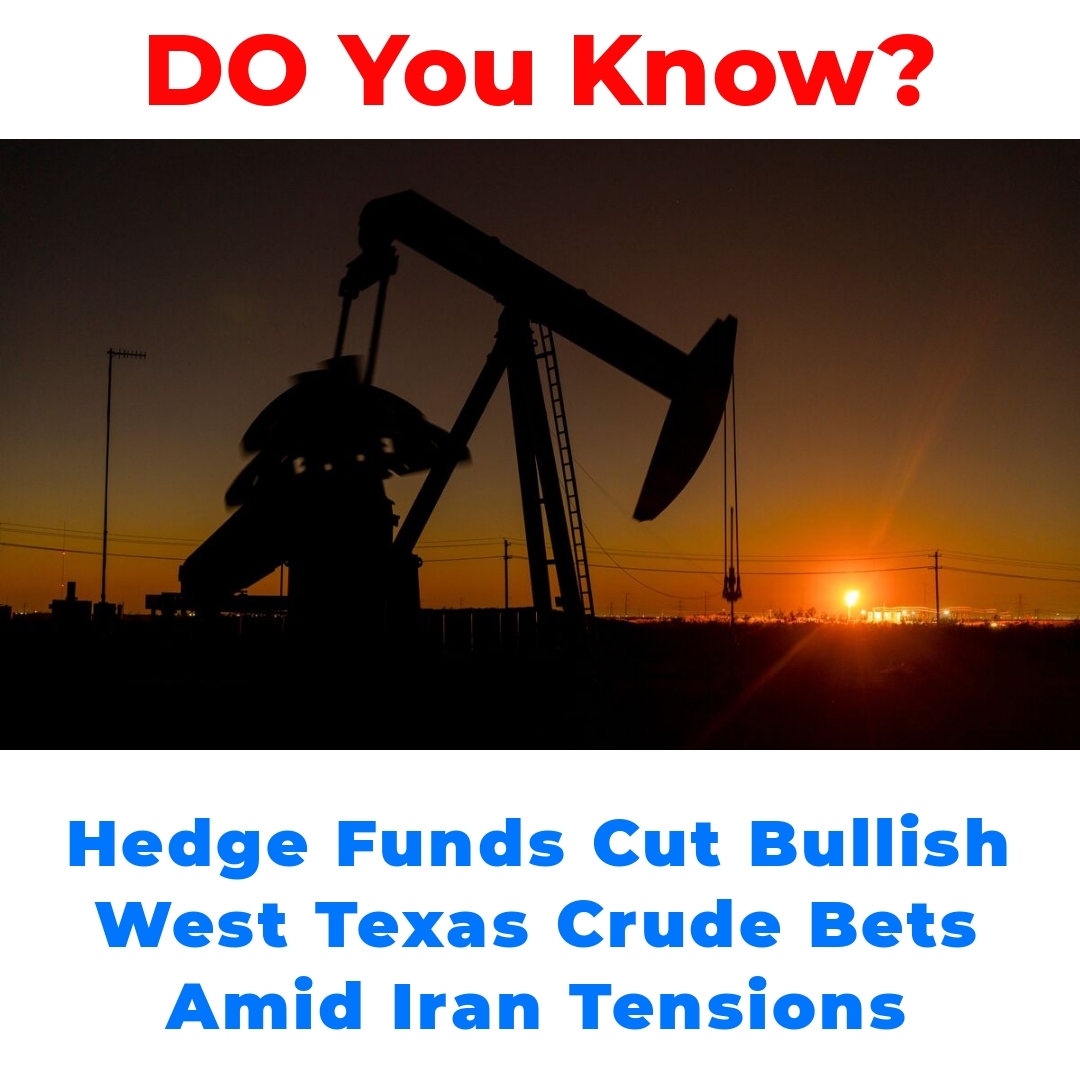The crude oil market is experiencing notable shifts as hedge funds reevaluate their positions on West Texas Intermediate crude prices. The reduction in bullish bets highlights a cautious sentiment influenced by various factors, including geopolitical tensions that could impact oil supply and prices significantly. The ongoing Israel Iran conflict stands out as a crucial element affecting market dynamics.


Current Market Trends
Hedge funds have been making some significant moves lately in the crude oil market. Recent data reveals that these investors have reduced their bullish bets on West Texas Intermediate crude, reaching the lowest levels of optimism in about eight months. This trend indicates a cautious approach as hedge funds navigate the uncertainties in the market.
The reduction in bullish positions is particularly noteworthy. As hedge funds reduce bullish positions on WTI crude, it raises questions about the overall sentiment in the energy sector. Investors are becoming more reserved, likely due to various external factors that could influence oil prices in the near future.
Geopolitical Influences on Crude Prices
One of the most significant factors at play is the ongoing Israel Iran conflict. Tensions in this region can heighten market fears regarding oil supply, which, in turn, can have an immediate impact on crude oil prices worldwide. With the infrastructure that supports oil production often under threat, any escalation in these tensions can lead to widespread concerns among investors.
The significance of oil infrastructure cannot be overstated. When political instability arises, it can disrupt production and transport, causing spikes in oil prices. As geopolitical risks come to the forefront, they can lead to notable oil price fluctuations that affect not only hedge funds but also everyday consumers.
Hedge Fund Strategies in the Context of Crude Oil Investments
In light of these changes, it’s clear that hedge funds are adjusting their strategies regarding crude oil investments. As they react to the shifting landscape, investment strategies are evolving to mitigate risks. Declining bullish positions among these funds could signify a broader trend affecting investor behavior across the energy sector.
When hedge funds alter their investment strategies, it reflects their perception of market conditions. As they shift away from bullish bets, they may consider alternative strategies like hedging or diversifying their portfolios. This adjustment serves not only to protect investments but also to capitalize on market volatility.
The Future of West Texas Intermediate Crude Prices
Looking ahead, the market dynamics driven by both hedge fund behavior and geopolitical events are crucial in forecasting future trends for West Texas Intermediate crude prices. Current geopolitical tensions, especially surrounding the Israel Iran conflict, are likely to dictate how these prices will move in the future.
Given this landscape, hedge funds are likely to remain flexible and adaptive. As they continue adjusting their positions in response to the unfolding events, the crude oil market will be in a state of constant change. Investors should keep a close eye on how these strategies evolve in line with emerging market conditions.
Conclusion
In summary, the actions of hedge funds regarding West Texas Intermediate crude prices are heavily influenced by geopolitical developments, particularly the Israel Iran conflict. As these funds adjust their strategies and reduce bullish bets, it’s essential to monitor these changes closely. The implications of these movements could have profound effects on both the energy sector and global oil prices going forward.
As we move forward, staying informed about the ongoing geopolitical risks and their impact on oil supply concerns will be crucial for investors. By keeping an eye on how the situation evolves, stakeholders can make more informed decisions in the volatile landscape of the crude oil market.
FAQ
What are hedge funds doing in the crude oil market right now?
Hedge funds have recently reduced their bullish bets on West Texas Intermediate (WTI) crude oil, reaching the lowest levels of optimism in about eight months. This indicates a more cautious approach as they respond to market uncertainties.
Why are hedge funds becoming more reserved about WTI crude?
The reduction in bullish positions suggests that hedge funds are becoming more reserved due to various external factors that could influence oil prices. Tensions in the geopolitical landscape, such as the ongoing Israel-Iran conflict, are significant contributors to this sentiment.
How do geopolitical tensions affect crude oil prices?
Geopolitical tensions, especially in oil-producing regions, can lead to fears about oil supply disruption. Such fears can trigger immediate increases in crude oil prices. Instability can affect the infrastructure necessary for oil production and transport, leading to volatility in the market.
What changes are hedge funds making to their investment strategies?
In response to the current market conditions, hedge funds are adjusting their strategies regarding crude oil investments. This may include shifting away from bullish positions and exploring alternative strategies like hedging or diversifying their portfolios to manage risks effectively.
What should investors watch for regarding the future of crude oil prices?
Investors should closely monitor how hedge fund strategies evolve in response to geopolitical events. The interplay between hedge fund behavior and geopolitical tensions will be crucial in forecasting future trends for West Texas Intermediate crude prices.





